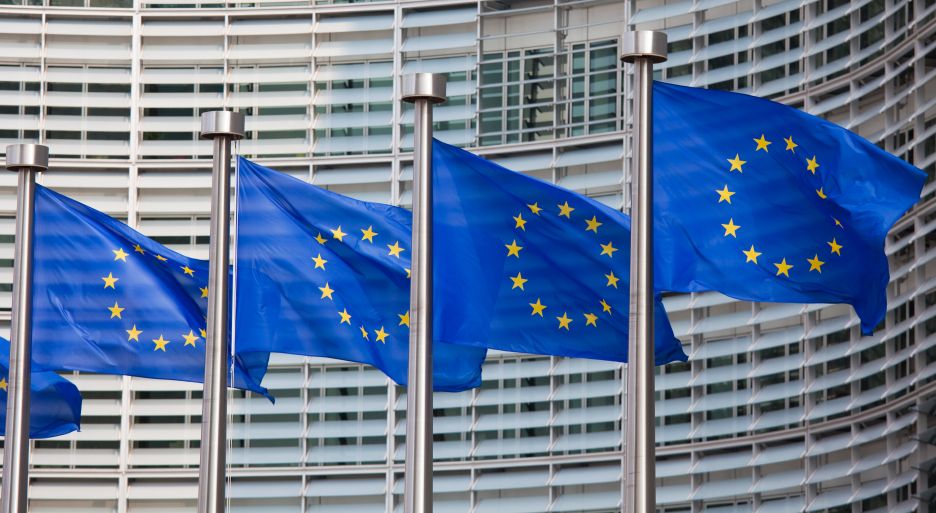New EU energy plans
On 30 November 2016, the European Commission announced plans to cut energy usage by 30 per cent by 2030 to meet Europe’s Paris Agreement commitments.

On 30 November 2016, the European Commission announced plans to cut energy usage by 30 per cent by 2030 to meet Europe’s Paris Agreement commitments.
The plans will see new incentives for smart metering and innovative design, and seek to boost renewables and give greater power to consumers to sell any electricity they produce.
Energy suppliers will now be required to save 1.5 per cent each year between 2021 and 2030.
The plans also outline a new ‘Smart Finance for Smart Building’ Initiative, which will allow member states to unlock an additional 10 billion euros in public and private funds until 2020, to focus on the renovation of older buildings.
The building and construction sector currently accounts for 40 per cent of Europe’s energy consumption so targeting energy efficiency in buildings will be crucial to achieve the necessary reductions.
The commission also re-confirmed its target of reaching at least 27 per cent renewables by 2030, including a 50 per cent share of electricity production.
Another target of the plan is to encourage individual consumers and community groups to produce their own power, although there will be a limit on the size of the community or individual power supply.
The Commission would also like to see a much larger share of crop-based biofuels used in transport.
Miguel Arias Cañete, EU Climate Commissioner, said: "I'm particularly proud of the binding 30% energy efficiency target. It will reduce our dependency on energy imports, create jobs and cut more emissions."
The Commission has received praise for its new plans, although some believe they can go further.
Brook Riley, from Friends of the Earth, said: "It is good to see this commitment from the EU. It is a real achievement and it will lift millions of people out of energy poverty and increase emissions cuts, but all of these elements are better with higher ambition. Why stop at 30%? Why not go further and meet the EU's full potential?"
One big issue of contention is the very lenient limiting of subsidies for fossil fuels, as some argue imposing a limit of just 550 grams of carbon dioxide per hour will not rule out newer, more efficient coal plants.
The proposals will now need to be approved by member states and the European Parliament before going ahead.






